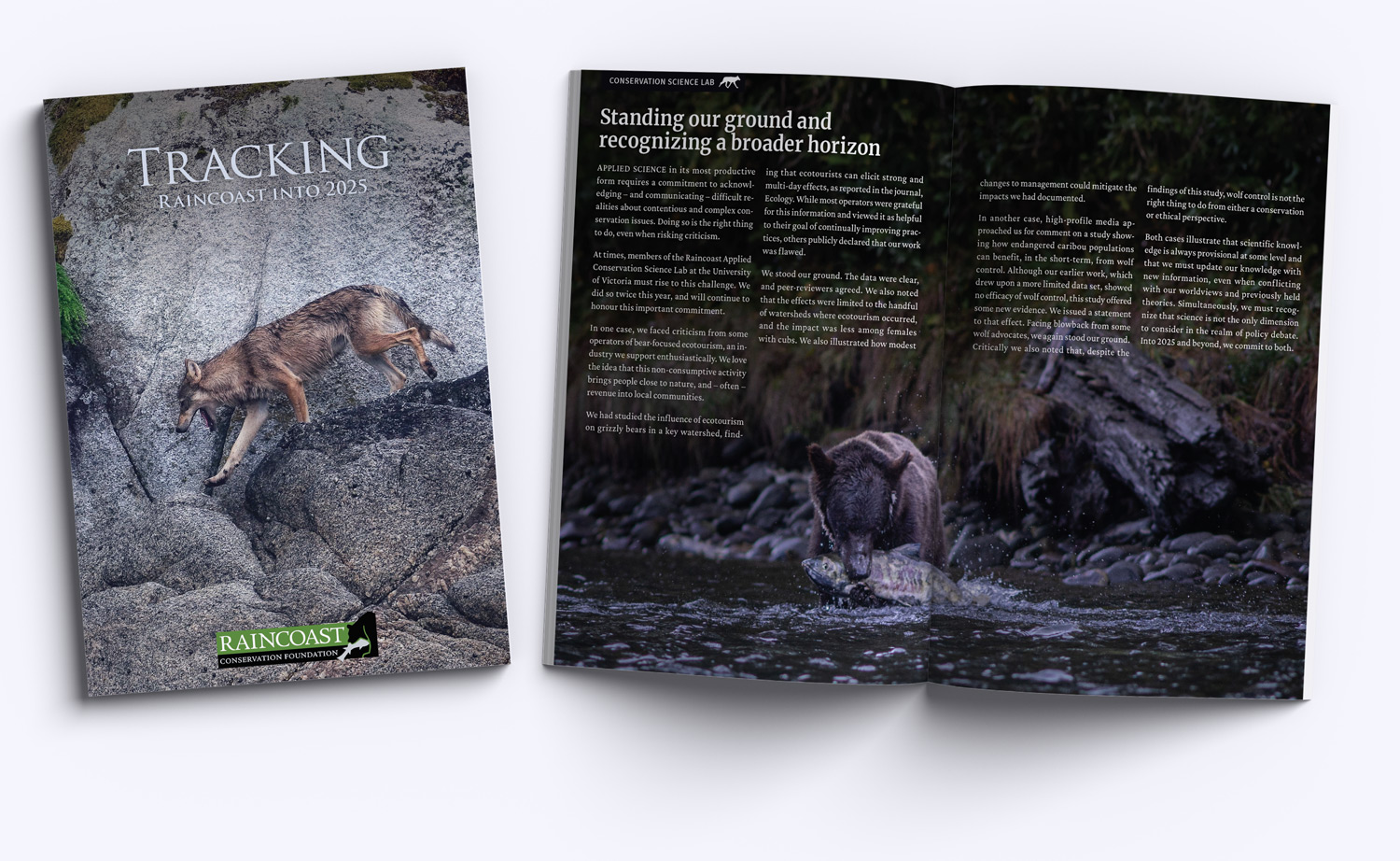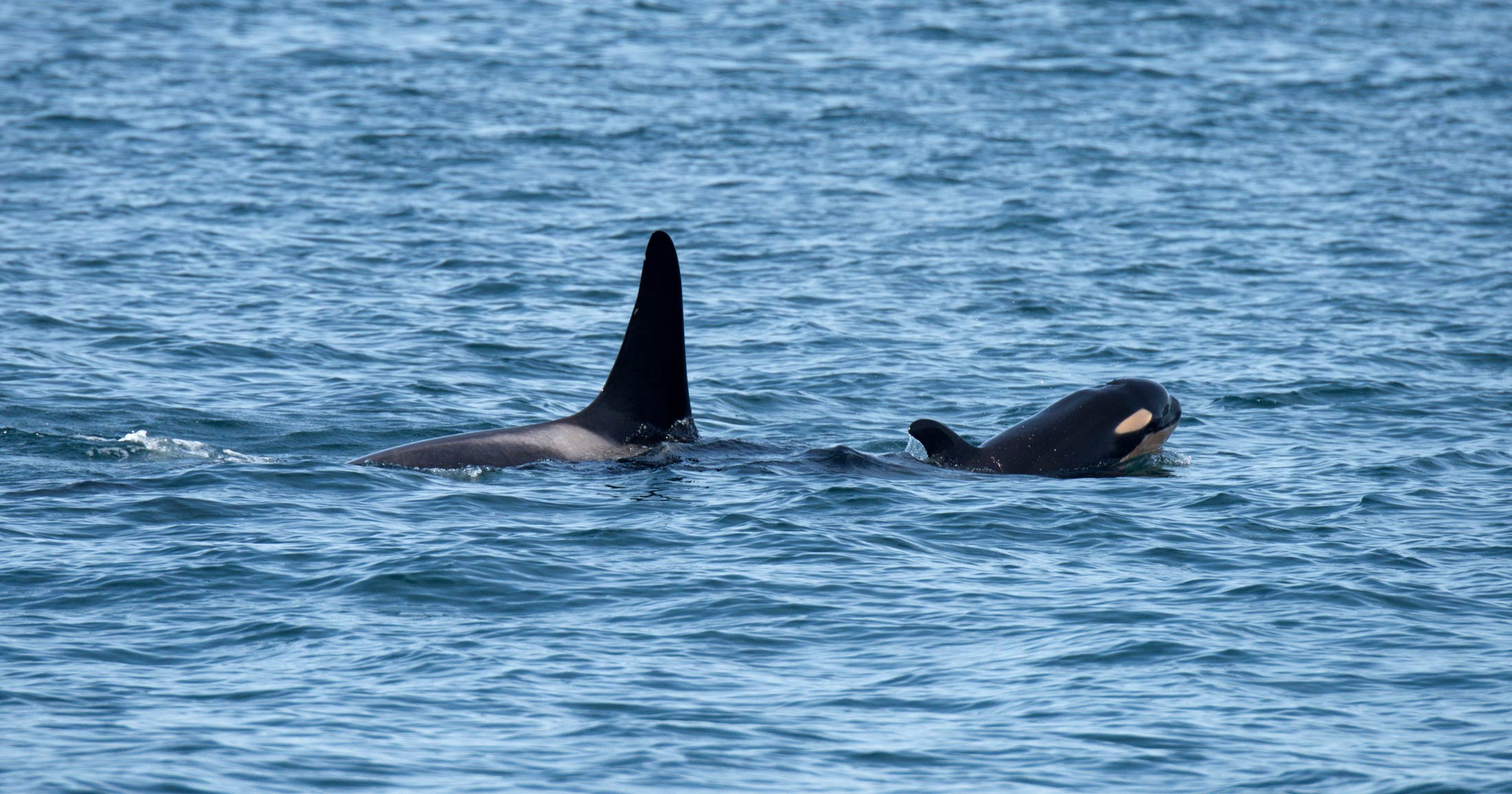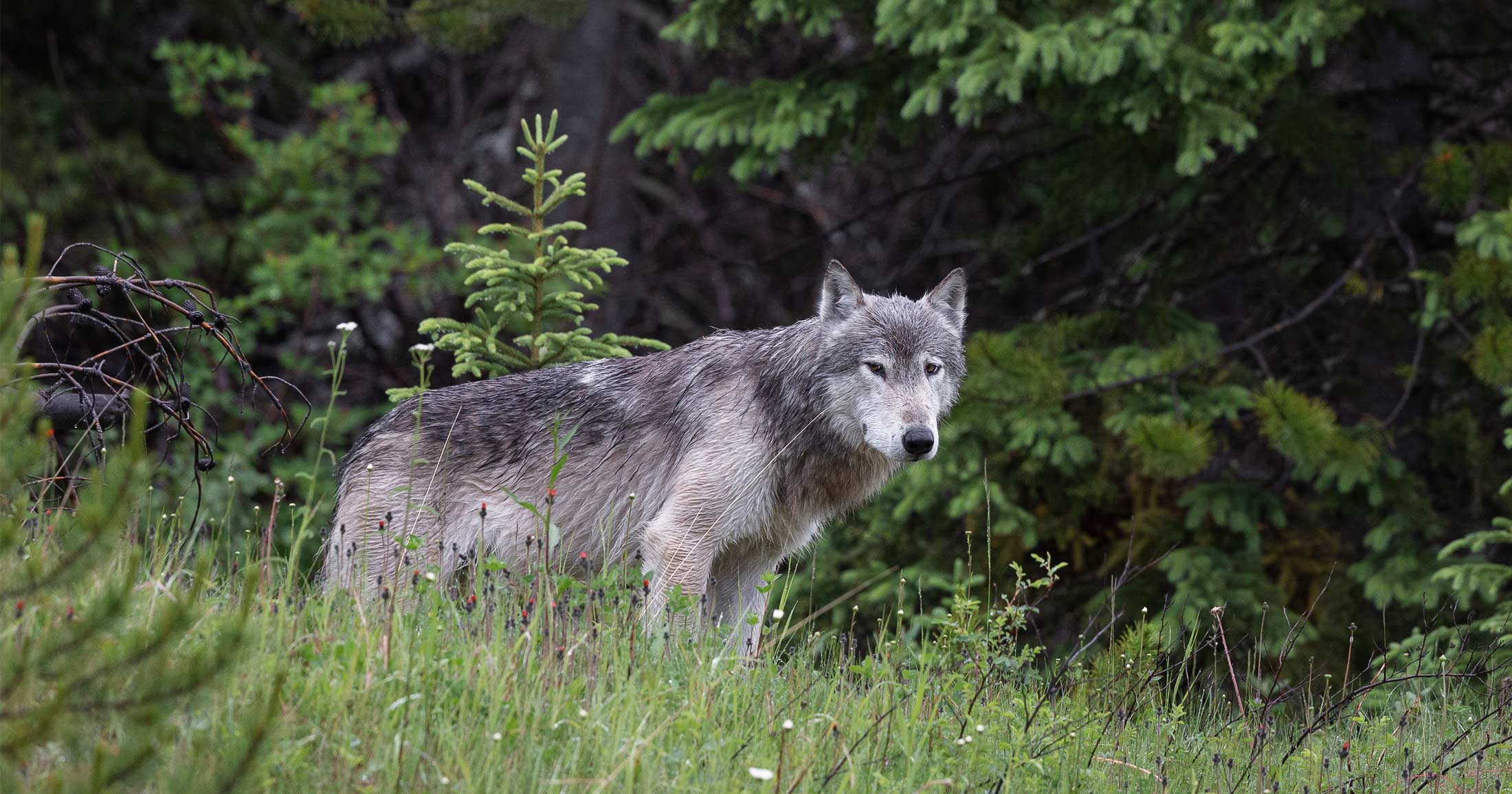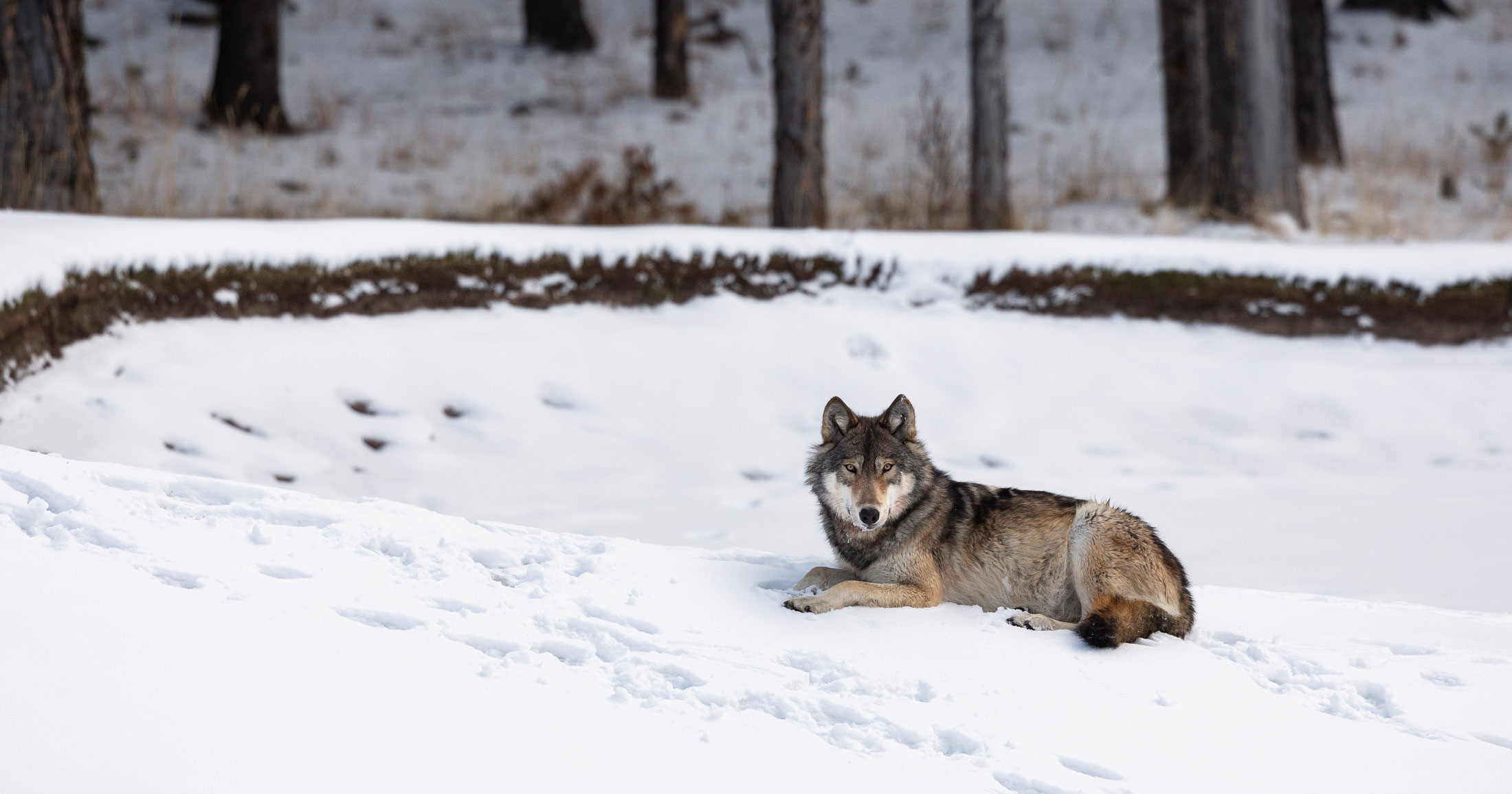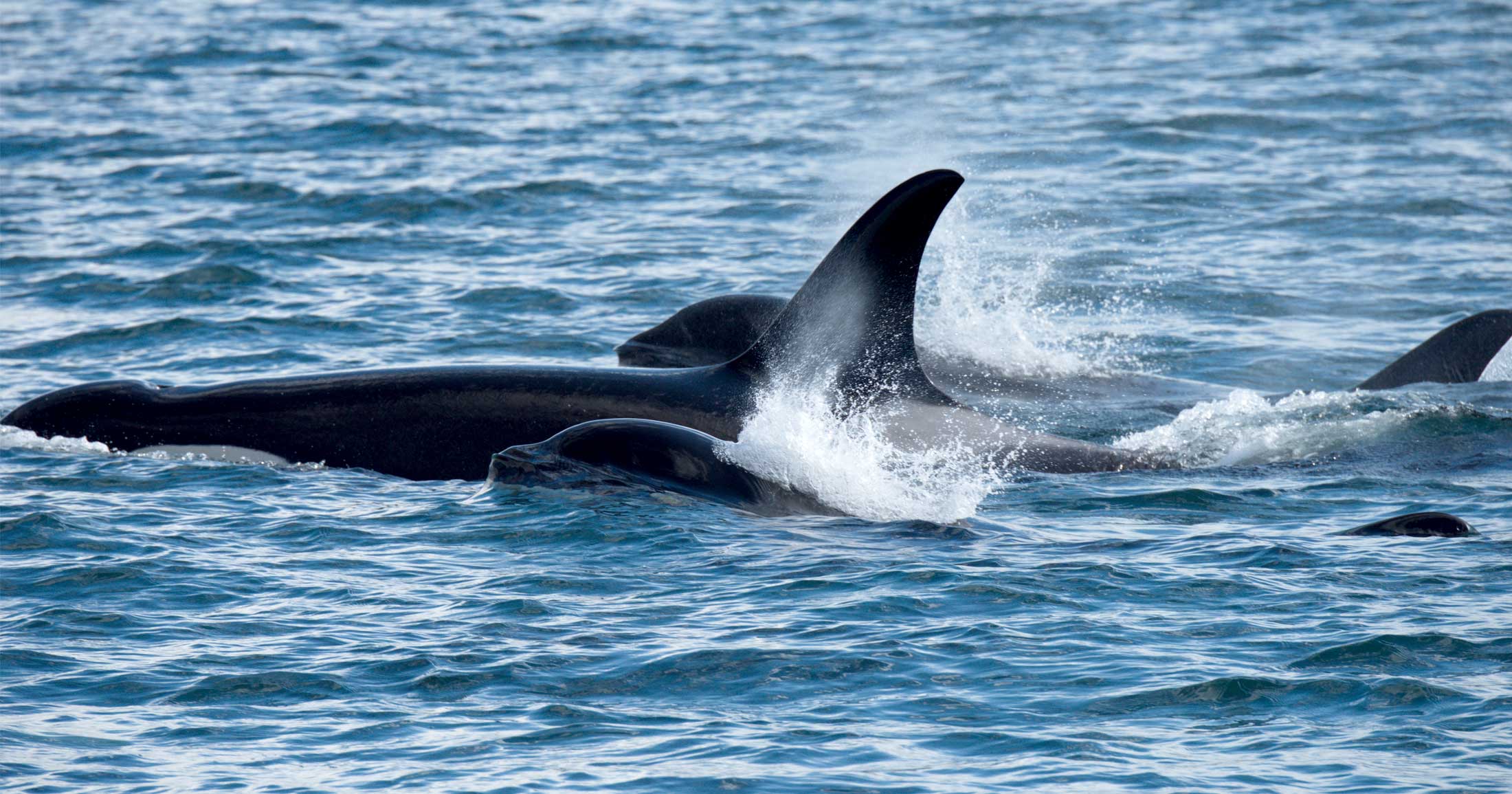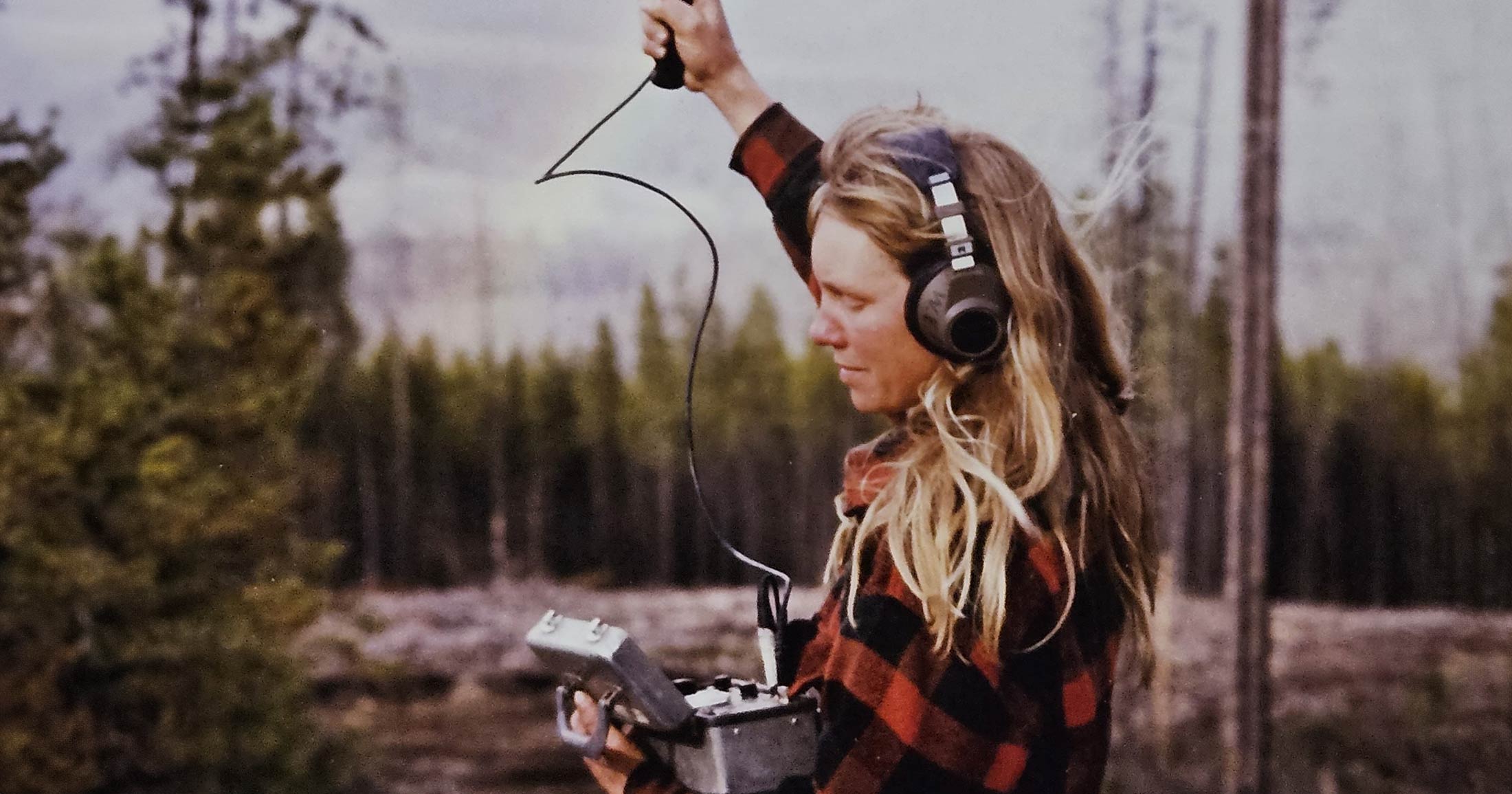Salmon ecosystems in a changing climate
Determining how climate change, land use practices, and wildfire are affecting salmon habitat through applied research.
Salmon ecosystems in the Interior Fraser region are being impacted by humans on two fronts: climate change at the global scale and land-use practices at the regional level. Climate change is resulting in drier watersheds, yet anthropogenic water demands continue to grow. These factors have combined to result in lower streamflows, high water temperatures, and ultimately, degraded habitat for spawning and rearing salmon.
This past summer, we collaborated with Scw’exmx Tribal Council and Citxw Nlaka’pamux Assembly to study the impacts of drought on salmon habitat in the Nicola Watershed. The Nicola is home to several endangered salmon populations, with worsening drought a key reason for their decline. The results will be used to inform drought planning, habitat restoration, and watershed governance.
Raincoast is also working to understand how our current forest practices, wildfire management, and provincial legislation are fuelling severe wildfires that adversely affect salmon habitat.
In 2025, we aim to determine how wildfire impacts endangered Chinook salmon abundance, and how changes to land use practices, such as reducing clear-cut and salvage logging, can help at-risk Chinook salmon populations recover. This emerging research will inform how climate change more broadly affects salmon habitat, and how shifting our land use paradigm can reduce the cumulative effects that are challenging the future of endangered interior salmon populations.
You can help
Raincoast’s in-house scientists, collaborating graduate students, postdoctoral fellows, and professors make us unique among conservation groups. We work with First Nations, academic institutions, government, and other NGOs to build support and inform decisions that protect aquatic and terrestrial ecosystems, and the wildlife that depend on them. We conduct ethically applied, process-oriented, and hypothesis-driven research that has immediate and relevant utility for conservation deliberations and the collective body of scientific knowledge.
We investigate to understand coastal species and processes. We inform by bringing science to decision-makers and communities. We inspire action to protect wildlife and wildlife habitats.



